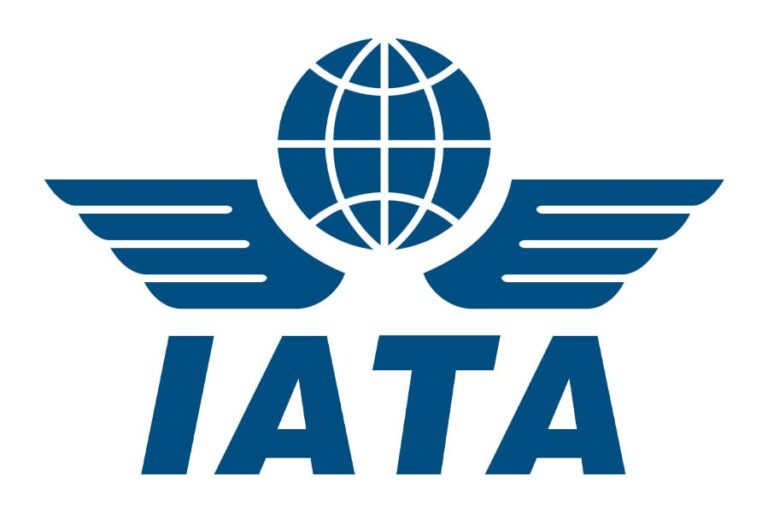The African Development Bank (www.AfDB.org) and the Government of Rwanda have signed a partial credit guarantee agreement to support Rwanda’s mobilisation of financing for green and social initiatives.
The document was signed at the African Development Bank’s Annual Meetings by Solomon Quaynor, Vice President for Private Sector, Infrastructure and Industrialisation and Dr Uzziel Ndagijimana, Rwanda’s Minister of Finance and Economic Planning.
The partial credit guarantee for the mobilisation of sustainable financing for Rwanda was approved by the Board of Directors of the African Development Fund in April 2024, and will enable Rwanda to raise up to €200 million competitively from international commercial banks, diversifying its funding sources.
Ndagijimana said, “The Government of Rwanda appreciates the partial credit guarantee as an innovative initiative of the African Development Bank to support countries to leverage their African Development Fund allocations.”
The guarantee is already bearing fruit. We have just signed a $200 million loan with JP Morgan using a partial guarantee of $50 million.”
Quaynor expressed his satisfaction with the agreement: “We are delighted to continue our partnership with the Government of Rwanda in its efforts to promote green and inclusive growth in line with its Vision 2050. This guarantee from the African Development Fund will enable Rwanda’s inaugural access to financing under its Sustainable Finance Framework at competitive terms.”
He added that the success of the transaction demonstrates the Bank Group’s commitment to support Regional Member Countries access to alternative sources of sustainable financing in line with its Ten-Year Strategy (2024-33) seeking to accelerate inclusive green growth and drive prosperous and resilient economies in Africa.
Aligned with Rwanda’s national strategy for transformation for 2017-24 and with Vision 2050, the guarantee also establishes the country as a credible sustainable borrower by building a track record in the international financial markets.
Distributed by APO Group on behalf of African Development Bank Group (AfDB).
Media Contact:
Olufemi Terry
Communication and External Relations Department
Email: media@afdb.org
About the African Development Bank Group:
The African Development Bank Group is Africa’s premier development finance institution. It comprises three distinct entities: the African Development Bank (AfDB), the African Development Fund (ADF) and the Nigeria Trust Fund (NTF). On the ground in 41 African countries with an external office in Japan, the Bank contributes to the economic development and the social progress of its 54 regional member states. For more information: www.AfDB.org





